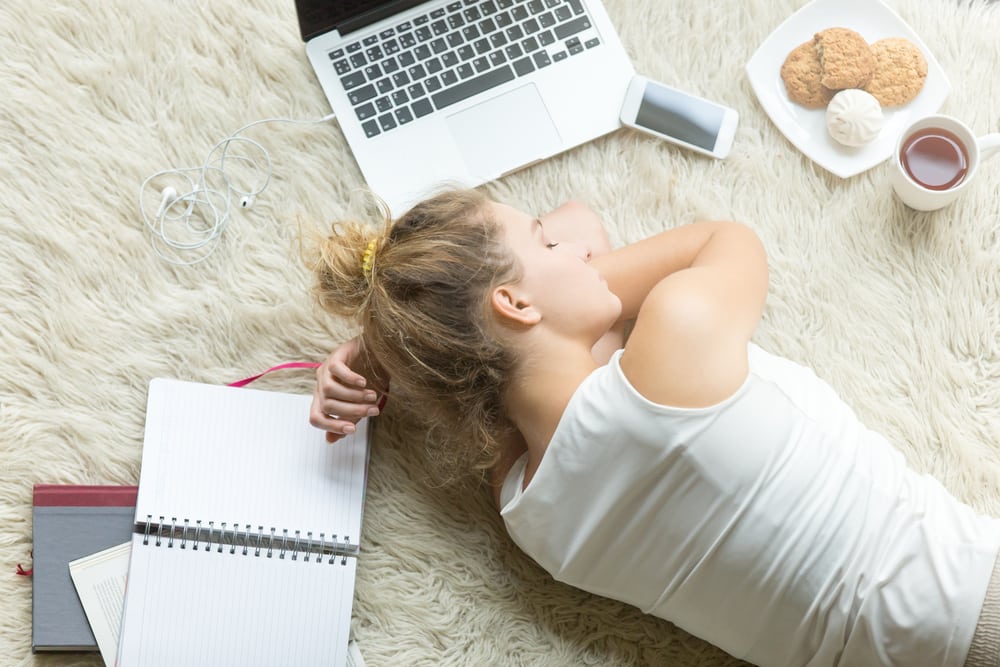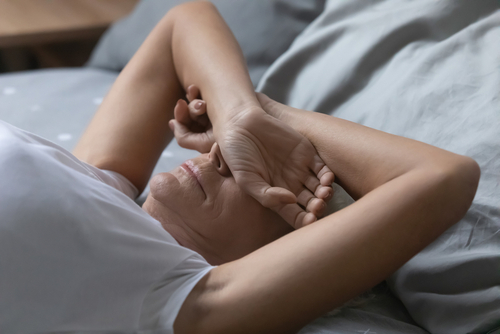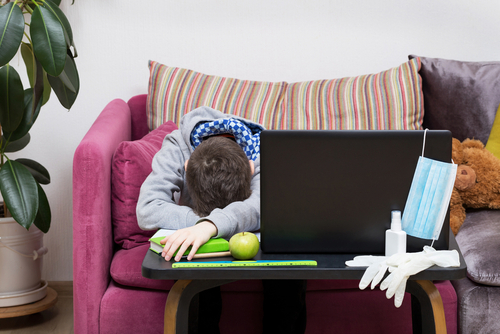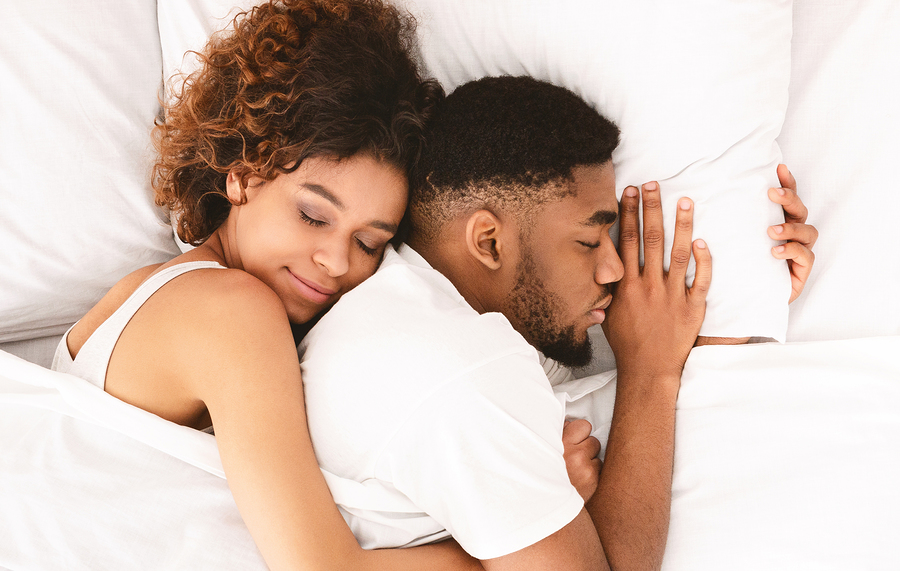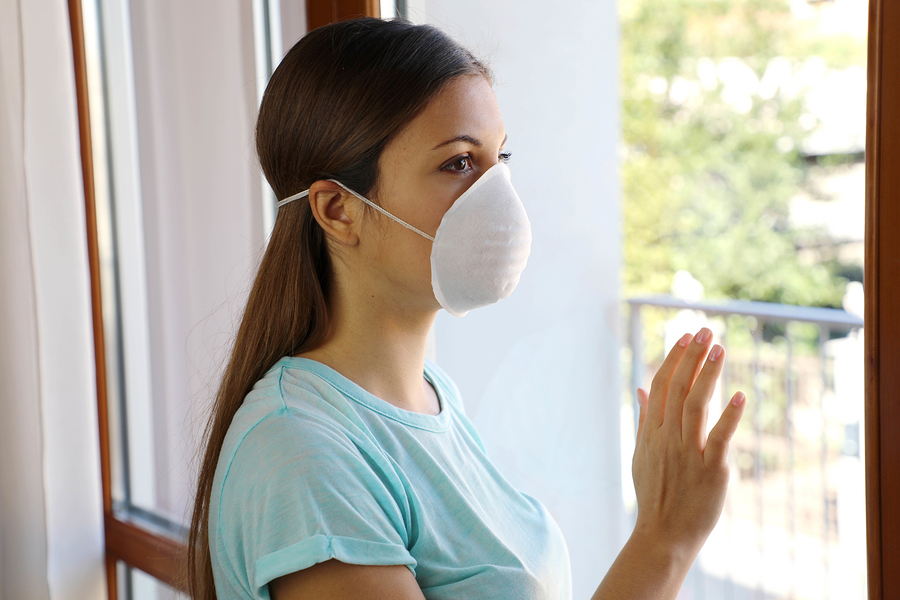The latest research shows that hormonal changes in puberty are the most likely cause in a change in the natural sleep pattern of adolescent’s body clock. They tend to want to go to bed later and lie in longer in the morning. Sleep is especially important for teenagers as it’s during sleep that the hormone responsible for growth spurts is released. Another problem is that the body clock is essentially being ‘re-wired’ during puberty and hence teenagers essentially cannot control when they ‘want to go to sleep’ which can be infuriating for parents worried about health and school results.
The general consensus is that adolescents need more sleep than adults or younger children (somewhere between 8 ½ and 9 ½ hours, meaning that if they go to sleep at 11pm then 8am would be an except-able waking time. With this respect a 10.0am start at school could be more manageable and healthier than the the current 9am start.
A recent trial in North Tyneside where start times were shifted by one hour from 9am to 10am lead to an increase in the % of pupils getting 5 good GCSE’s went from around 34% to 50%. Prof Russell Foster, director of sleep and circadian neuroscience at Oxford University, said that getting a teenager to start their day at 07:00 is like an adult starting theirs at 05:00. The problem is even worse in USA where approximately 43% of the public high schools have a start time before 8 a.m.; just 15% started at 8:30 a.m. or later.
Judith Owens, director of sleep medicine at Children’s National Medical Center in Washington, D.C recently issued a strong warning with regards to the consequences of insufficient sleep for teens, according to their statement children with insufficient sleep have:
- An Increased risk for obesity, stroke and type 2 diabetes; higher rates of automobile accidents; and lower levels of physical activity.
- Increased risk for anxiety and depression; increased risk-taking behaviours; impaired interpretation of social/emotional cues, decreased motivation and increased vulnerability to stress.
- Lower academic achievement, poor school attendance; increased dropout rates; and impairments in attention, memory, organisation and time management
7 Top Tips For Teenagers.
1) Ban mobile phones from the bedroom after 9pm. 60% of teenagers are reported to send texts from their beds.
2) Switch off all technology earlier. Computer screens emit blue light which tricks the body clock that it’s time to get up even though it’s night time.
3) No computer games for a couple of hours before bed as they stimulate the brain and also release blue light.
4) Let teenagers lie in if they have to. Most are actually sleep deprived, irrespective of why they stayed up late be it hormone changes or behaviour. Be wary of creating ‘social jet lag though, with different sleep and wake times which confuses the body clock . This mimics proper jet lag, with all of its symptoms, notat start to the day.
5) Avoid caffeine after lunchtime. Coffee, tea, coke, Pepsi, Red-bull will all stimulate your brain and make it harder to get to sleep.
6) Support a process of ‘wind-down’ before sleep, i.e. read books rather than watch TV. Have a bath, don’t do homework late at night.
7) Work as a family , and as the parents you set the example. Have the same rules around tech both before and in the bed.
TLDR
Teenagers need to sleep longer and they often can’t control when they get tired. Have some firm boundaries around technology in the bedroom. Let them lie in when they want to.


